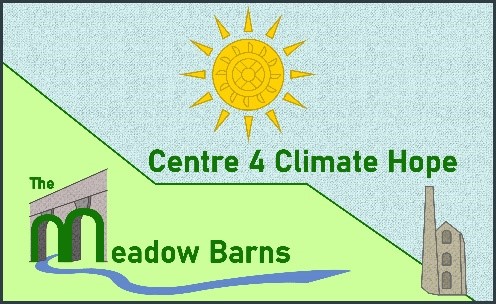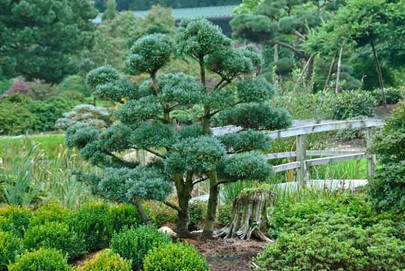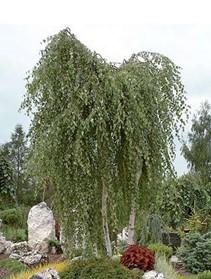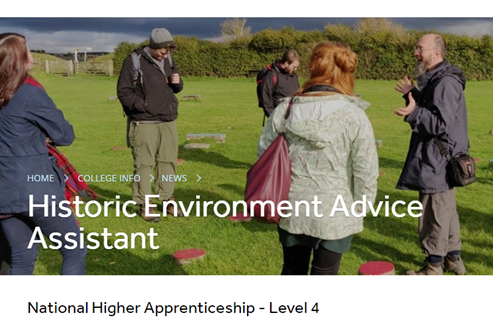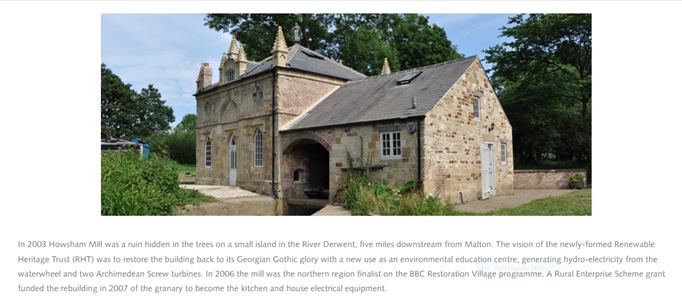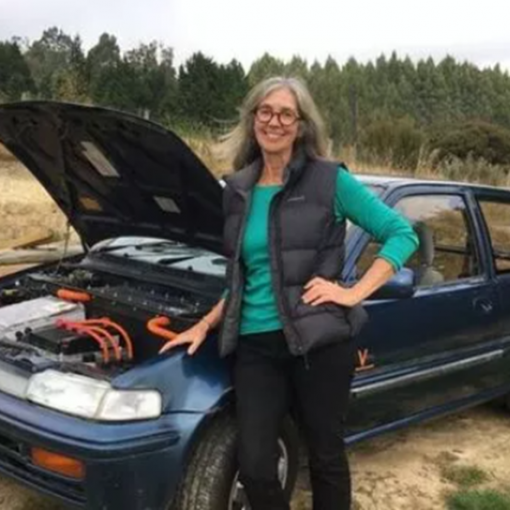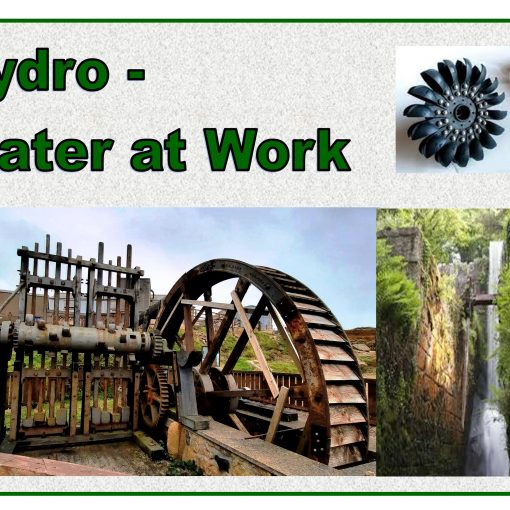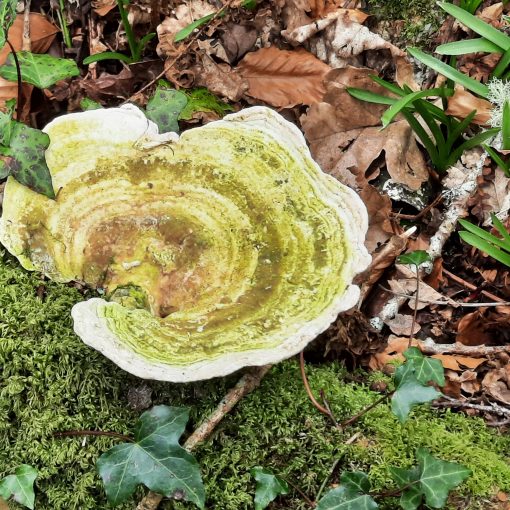It is beyond shocking to see how the world has changed in 6 months. Back in October the Chancellor was able to talk up his incentives for green initiatives ahead of COP 26 but now the situation is so grim. It is a real struggle to find anything positive to say, so today I am just offering 2 topics, both ideas of investment in things that can give hope for the future.
Invest in gardens, growing and trees – one thing almost everybody can do this summer is grow more food. My intention is to have a fresh attempt at cultivating spinach, which I eat in mounds but have never succeeded with. Last year the plants stayed tiny, month after month; I will be out hunting for horse poo to see if I can make plants thrive.
A month or so back one of my neighbours put in 30 or so new trees up on our hill and these have inspired me and the other neighbour over the fence to put in some of our own. We are going for a combination of pines and silver birch, hoping they will survive the blasting winds of winter.
Invest in people, employment and skills – in a couple of weeks Meadow Barns will be providing a week of accommodation for some young people who are studying on courses at Eden Learning. They come from all parts of the UK to become experts in how to restore landscapes that have been ruined by exploitation of industry or agriculture. The M Sc in Land and Ecological Restoration places a particular emphasis on ecological restoration as ‘the process of assisting the recovery of an ecosystem that has been degraded, damaged, or destroyed.’
As regular readers will be very aware, restoration is something I am so keen to see happening, particularly if old mines and mills can be brought back to use. For that to happen we need investment into employment and training, which combines ecology with heritage. Will the employer be our county council, or one of our dedicated trusts, such as Westcountry Rivers, Cornwall Heritage or Cornwall Wildlife Trust? I would like to see a consortium creating apprenticeships in this new field, and have been pleased to uncover some potentially relevant and interesting learning opportunities. Here is my short survey ..
For anyone with a passion to learn restoration, there is no shortage of full time undergraduate and post graduate learning opportunities in every corner of the UK. However, it seems to me that too many of the courses are top-heavy with statistics and data rather than helping to inspire practical steps and innovations. For instance, at Derby University
- Their programme reflects an outside-in approach, embedding issues around (inter alia) the United Nations Sustainable Development Goals, United Nations Biodiversity Framework and IUCN (International Union for Conservation of Nature) 30 Year Plan for Biodiversity. Our graduates will have an interdisciplinary and problem-solving approach to global sustainability, an understanding of the responsibilities of personal and organisational actions and accountability, and an applied and solution-based approach to global issues … Would this inspire you??
Like most universities Derby has a dedicated environment and sustainability research centre, but only one small section is practical and local and that is Cuckoos Tor, a site on the edge of the Peak District National Park owned by the University, dedicated to long-term research and ecological experiments. Current projects include restoration ecology, natural flood risk management, community engagement with biodiversity, and sustainable land management – and you’ll be able to get involved.
It is this hands-on involvement that most young people are keen to experience, & to do so they seem to be better off approaching through an F.E. route such as an agricultural college, which works in tandem with a university. For instance here is the Royal Agricultural University, linked with Cirencester College in the Cotswolds, offering what sounds like a very practical route to a degree in Environmental Conservation and Heritage management: –
Become an effective manager in the countryside, combining your understanding of ecology, landscape development, cultural history and heritage management. Complete a 30-day period of compulsory work placement, to gain an in-depth experience of wildlife, heritage, and environmental management activities within the sector. You will produce a portfolio of evidence of this learning experience.
Today, in a phone conversation to Historic England, I have discovered that Cirencester is appointed as a centre for archaeological technicians to be apprenticed. But more relevant to us would be Strode College in Somerset, where they have started training Historic Environment Advice assistants
As part of their training on the Historic England schemes, the college should help students to identify examples they can visit, sources of the specific information their employer hopes for. I found a great example of one such this week – a beautiful Georgian water mill on an island in Yorkshire.
Even the first stage of building restoration took 6 years, with a team of dedicated volunteers “Our volunteers spent an inordinate amount of time digging the mill out of the built-up silt, removing vegetation and sorting fallen masonry – and all of this for no more than a cup of tea and a jacket potato off the bonfire. People really are wonderful.” Today the scheme is generating hydro power for about 40 homes and makes enough money to fund the upkeep and an education officer. The story is told on their website at www.howshammill.org.uk and another article in The Ecologist magazine https://theecologist.org/2014/may/03/green-watermill-restoration-thats-powering-30-homes.
